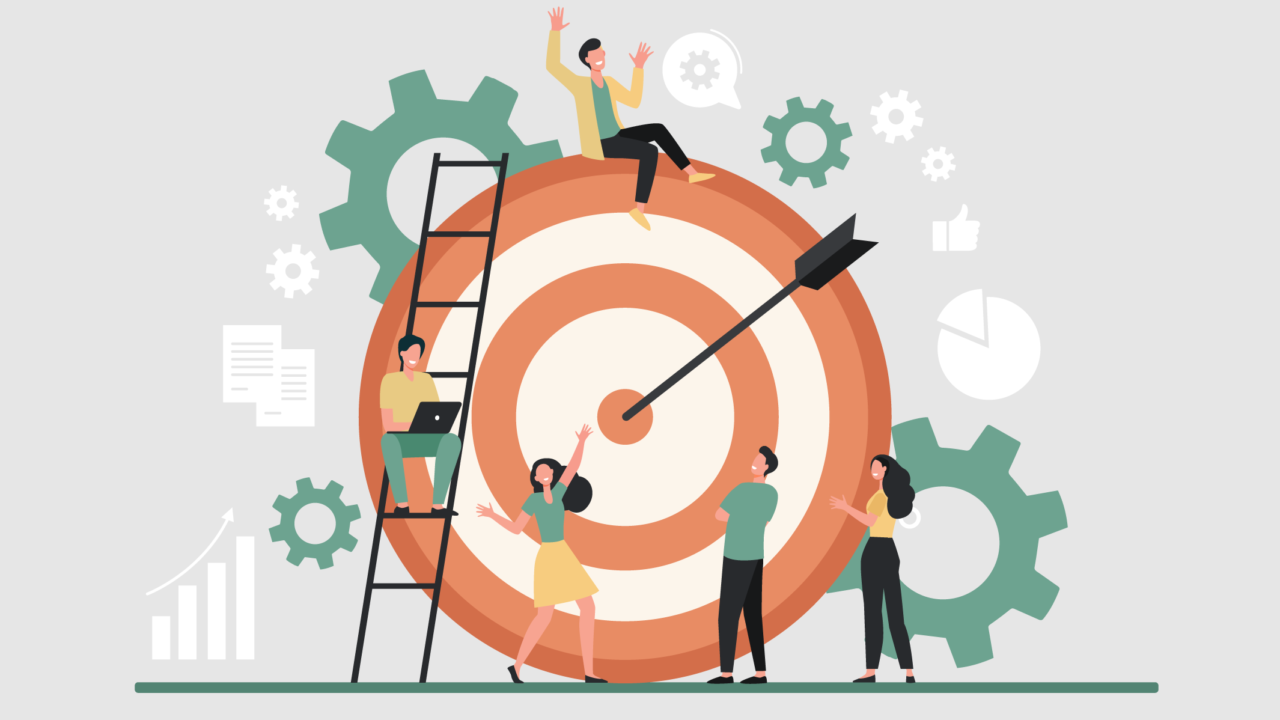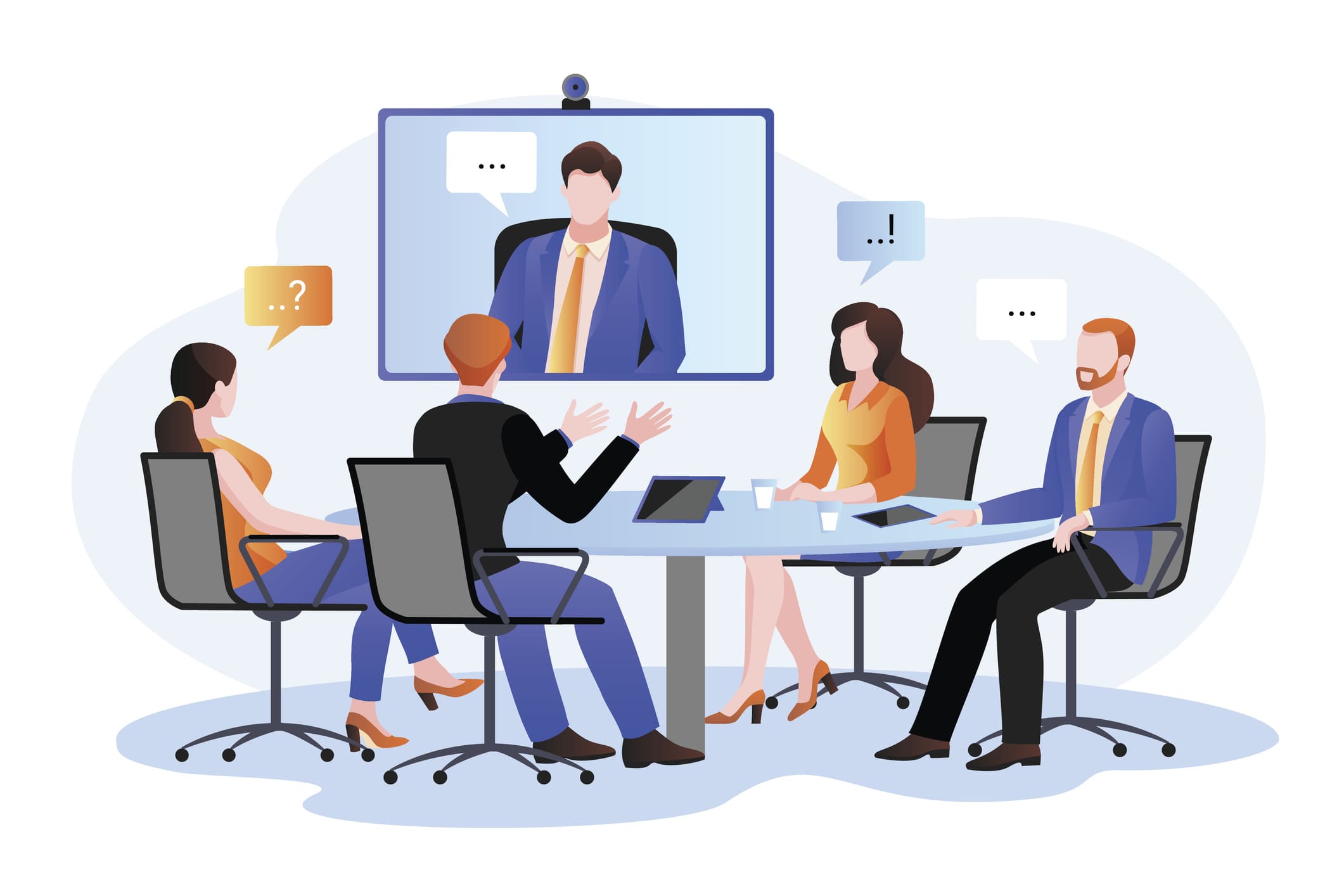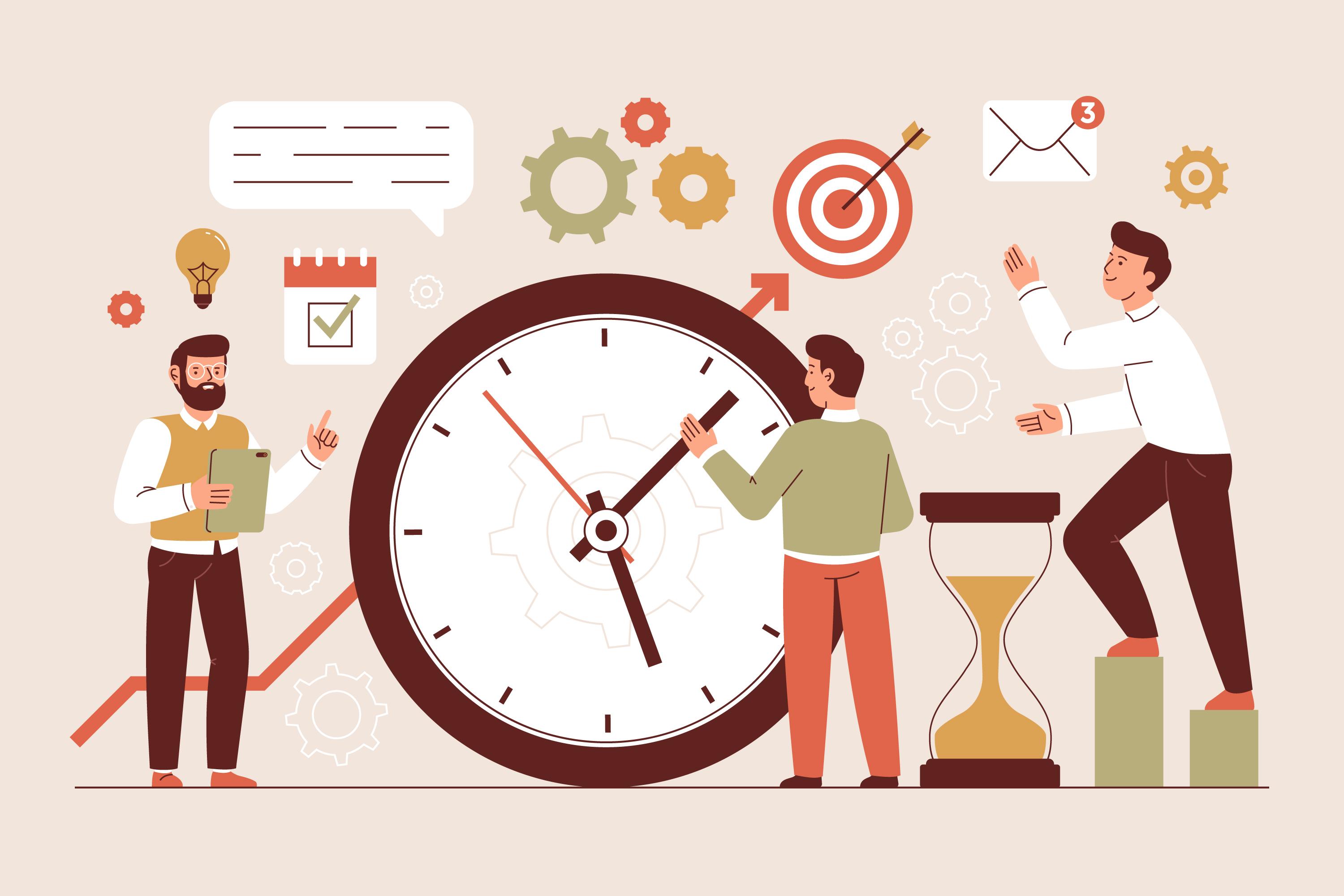.png)
Tools and techniques
Practical tools in performance optimization

Below are the few practical tools that can help improve teamwork and solo performance:
Set clear goals and expectations: It's essential to establish clear goals and expectations for the team and for individual tasks. This helps ensure that everyone is working towards the same objective and can focus on their specific responsibilities.
Develop effective communication skills: Effective communication is crucial for successful teamwork and solo performance. This includes active listening, clear and concise communication, and open and honest feedback.
Build trust and mutual respect: Trust and mutual respect are the foundation of effective teamwork. Team members should be able to rely on each other, respect each other's opinions and expertise, and feel comfortable sharing their thoughts and ideas.
Establish roles and responsibilities: Clearly defining each team member's role and responsibilities helps ensure that everyone knows what is expected of them and can work together more efficiently.
Practice active collaboration: Collaboration involves working together towards a common goal and leveraging each team member's strengths and expertise. Team members should be encouraged to actively collaborate, share their ideas and feedback, and be open to constructive criticism.
Develop time management skills: Time management is crucial for both teamwork and solo performance. Setting clear priorities, creating schedules and deadlines, and learning to manage time effectively can help improve productivity and overall performance.
Embrace diversity and inclusion: Diversity and inclusion are key components of effective teamwork. Embracing differences in backgrounds, perspectives, and experiences can lead to more creative solutions and better outcomes.
Seek continuous learning and development: Continuous learning and development is crucial for both teamwork and solo performance. Taking courses, attending training sessions, and seeking out feedback can help individuals and teams continuously improve their skills and abilities.
Activities:
Goal-setting exercise:

Instructions:
- As a team, identify a specific goal that you want to achieve.
- Break down the goal into smaller, measurable objectives.
- Assign each team member specific responsibilities and deadlines for achieving their objectives.
- Regularly check in on progress and make adjustments as necessary.
Example:
A team working on a project might set a goal to complete the project within a certain timeframe. They could break down the goal into smaller objectives, such as completing specific tasks by certain dates, and assign each team member responsibilities for achieving those objectives.
Communication skills training:

Instructions:
- Conduct a training session or workshop on effective communication skills.
- Discuss active listening, clear and concise communication, and open and honest feedback.
- Practice these skills through role-playing exercises or mock scenarios.
Example:
A team could conduct a training session on communication skills and then practice these skills by engaging in a mock scenario, such as a customer service scenario, where they must communicate effectively to resolve an issue.
Team building exercise:

Instructions:
- Plan a team building exercise, such as a group outing or volunteer project.
- Encourage team members to work together, communicate, and share their expertise and strengths.
- Reflect on the experience and identify areas where team work was successful and areas for improvement.
Example:
A team could participate in a volunteer project, such as cleaning up a park or working at a food bank. Through this activity, they can work together to accomplish a shared goal and learn to collaborate more effectively.
Time management exercise:

Instructions:
- Encourage team members to prioritize their tasks and develop a schedule for completing them.
- Set clear deadlines and hold team members accountable for meeting them.
- Reflect on the experience and identify areas where time management was successful and areas for improvement.
Example:
A team could be given a specific task to complete within a certain timeframe, and they must prioritize their tasks and create a schedule for completing them. Through this exercise, they can learn to manage their time more effectively and improve their productivity. By engaging in these activities, individuals and teams can apply the practical tools outlined earlier and improve their teamwork and solo performance skills.
Techniques to optimizes performance
Team players:
Collaboration tools: There are many collaboration tools available that can help team players work together effectively, such as project management software, communication tools, and file-sharing platforms.
Active listening: Good communication is essential for effective teamwork, and active listening is a critical component of good communication. Techniques such as repeating back what someone has said or summarizing key points can help team players ensure that they have understood what their teammates are saying.
Delegation: Delegating tasks is a key part of teamwork and can help distribute the workload fairly and efficiently. Techniques such as assigning tasks based on individual strengths and abilities, setting clear expectations, and providing support and feedback can help team players delegate tasks effectively.
Conflict resolution: Conflicts can arise in any team setting, and being able to resolve them quickly and effectively is essential. Techniques such as finding common ground, using "I" statements, and brainstorming solutions can help team players resolve conflicts constructively.
Solo performers:
Time management tools: Time management is critical for solo performers, and there are many tools available that can help, such as calendars, to-do lists, and time-tracking software.
Goal setting: GSetting clear goals is essential for solo performers, as it can help them stay focused and motivated. Techniques such as setting SMART (Specific, Measurable, Achievable, Relevant, Time-bound) goals can help solo performers set clear, achievable objectives.
Productivity techniques: There are many productivity techniques that solo performers can use to increase their efficiency, such as the Pomodoro Technique (working in 25-minute intervals with short breaks in between), time blocking (allocating specific blocks of time for specific tasks), and the Eisenhower Matrix (prioritizing tasks based on their urgency and importance).
Feedback tools: Getting feedback from others can be challenging for solo performers, but there are tools available that can help. For example, peer review platforms, feedback forums, and social media can provide opportunities for solo performers to get feedback on their work.
In summary, both team players and solo performers can benefit from a range of techniques and tools that can help them work more effectively and achieve their goals. By using these techniques and tools, individuals can enhance their skills, increase their productivity, and achieve better outcomes.
Accountability- An Asset in performance optimization
Accountability is a crucial asset for both team players and solo performers as it helps them achieve their goals, stay motivated, and perform at their best. Here are some ways that accountability benefits both team players and solo performers.
Benefits of accountability for team players:
Encourages teamwork: When team members are held accountable for their contributions to a project, it can encourage them to work collaboratively and support each other to achieve the team's objectives.
Promotes commitment: When team members feel accountable for the success of a project, they are more likely to stay committed and invested in the project, which can lead to better outcomes.
Builds trust: Accountability can help build trust between team members, as each person is responsible for their own actions and is expected to deliver on their commitments.
Benefits of accountability for solo performers:
Benefits of accountability for solo performers: When team members are held accountable for their contributions to a project, it can encourage them to work collaboratively and support each other to achieve the team's objectives.
Enhances focus: Being accountable for achieving specific objectives can help solo performers focus their efforts and prioritize their tasks more effectively.
Facilitates growth: When individuals are accountable for their own success, they are more likely to take ownership of their personal and professional development and seek out opportunities to grow and improve.
In summary, accountability is a valuable asset for both team players and solo performers, as it can help them stay motivated, focused, and committed to achieving their goals. By taking responsibility for their actions and being accountable for their contributions, individuals can become more effective collaborators and performers, leading to better outcomes for themselves and their teams.